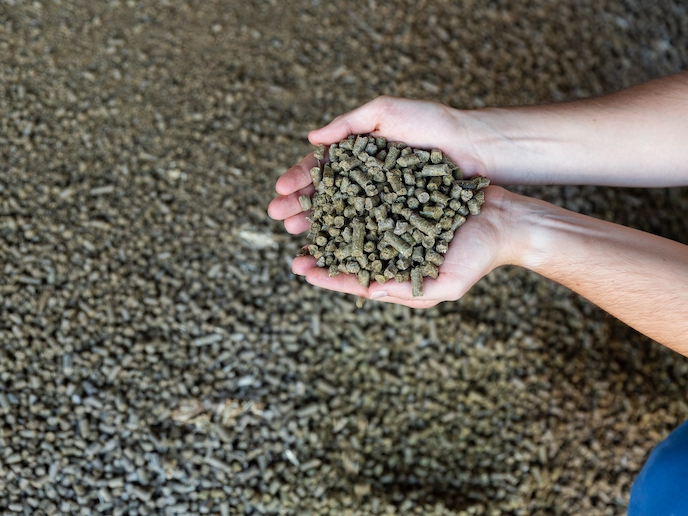Agrobiomass offers sustainable energy potential
Biomass(opens in new window), which includes organic material derived from plants, has huge potential for use in heating and electricity generation. Increasing our use of biomass in these ways could help to diversify our energy supply, move us away from fossil fuels and create sustainable new jobs in rural areas. A key underexploited biomass source is, in fact, agriculture. Huge amounts of energy-rich material, which could be used as a heating source, are often burned in open fires on the fields, or left to rot.
Valorising agricultural biomass
The EU-funded AgroBioHeat(opens in new window) project saw a huge opportunity to valorise this material in a more sustainable and cost-effective way. “Generally, three different types of agrobiomass can be defined,” explains AgroBioHeat project coordinator Manolis Karampinis from the Centre for Research and Technology Hellas(opens in new window) in Greece. “By far the largest source in terms of volume is agricultural residues. These include materials such as straw from cereal production, maize residues and prunings from olive groves, vineyards and fruit orchards.” A second source was identified as agro-industrial residues. This category includes for example the solid residues left behind in olive oil or sunflower oil production, the shells from dry nut crushing plants and others. A third source is perennial energy crops, i.e. species explicitly grown for biomass. Plants such as miscanthus offer high biomass yields and can be grown on marginal or underutilised land.
Support for new initiatives
The AgroBioHeat project set about identifying practical ways for rural communities across Europe to take full advantage of these opportunities. Six European countries offering a diverse range of agricultural sectors, climates and ecosystems were targeted. Solutions tailored for each specific context were then exploited and developed. “We connected with rural actors through meetings and workshops, to promote good practices of local biomass use for heating,” adds Karampinis. “Once we identified promising initiatives, we were able to provide technical support or advice on logistics.” A total of 13 initiatives(opens in new window) were supported. These included building an olive oil by-product press to produce agrobiopellets in Croatia, the construction of two agrobiomass-based heating plants in Romania, and the installation of a pilot boiler in Spain to make use of biomass from fruit tree plantation removals. “Agrobiomass is considered a difficult fuel to work with,” says Karampinis. “Issues can arise during combustion. So we ran a number of lab-scale and field-scale tests, to test commercially available technology. We found that solutions already exist in the market and can deliver the same good performance as woody biomass fuels.”
Developing the agrobiomass sector
In addition to delivering technical support, the project promoted(opens in new window) several successful examples through fact sheets and videos. The need for targeted policy support was also identified, and national strategies for each of the six countries were developed. Recommendations for EU-wide regulations concerning solid fuel boilers were also put forward. Finally, the project also developed the Agrobiomass Observatory(opens in new window), an innovative online tool that brings together agrobiomass best practice cases, suppliers and equipment manufacturers. Available in seven languages, the tool will help to build up the agrobiomass sector in Europe. “The goal now is to help these technologies mature, and to promote the idea of agrobiomass exploitation to more countries and actors,” remarks Karampinis. “We are currently at a critical moment for the European energy system. It doesn’t make sense to lose kilowatt hours by burning biomass in fields, rather than using modern technology to generate renewable heat.”







